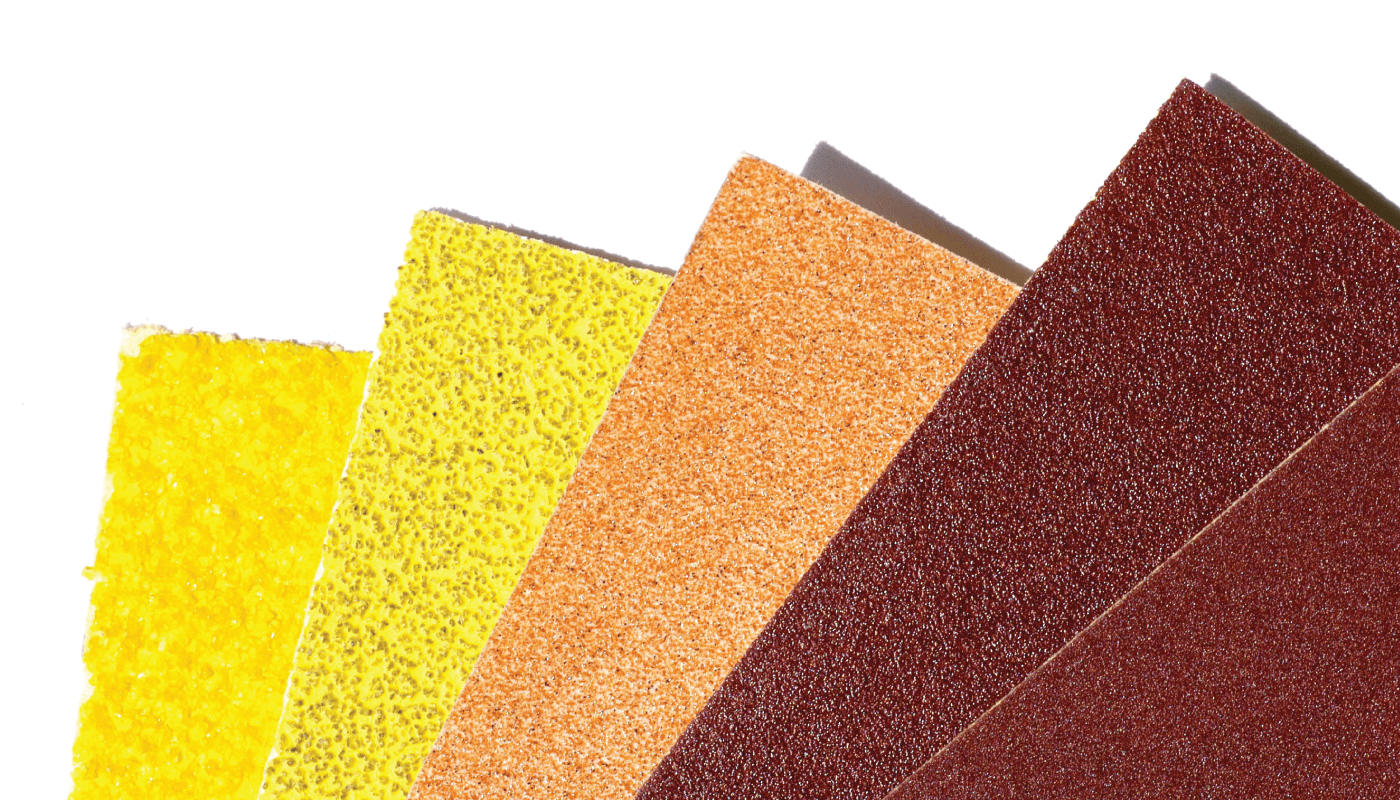
After sequencing the protein-coding genes of more than 20,000 participants from 14 countries across Asia, Europe, and Africa, researchers believe they have discovered a functionally defective gene associated with the most common cause of glaucoma: exfoliation syndrome. Patients with the systemic disorder, characterized by a progressive accumulation of abnormal protein material, were twice as likely to carry damaging mutations in the gene encoding for CYP39A1 – an enzyme that plays an important role in cholesterol processing. The findings suggest that defective CYP39A1 function is strongly associated with increased risk of exfoliation syndrome. Why? Researchers hypothesize that, because cholesterol is found abundantly in all cells, any disruption to its processing could adversely impact normal functions. In this study (1), epithelial cells responsible for the aqueous humor were most affected by the mutation, with disruption ultimately leading to leakage of exfoliative material.
References
- A*Star (2021). Available at: https://bit.ly/3bgaW81.
